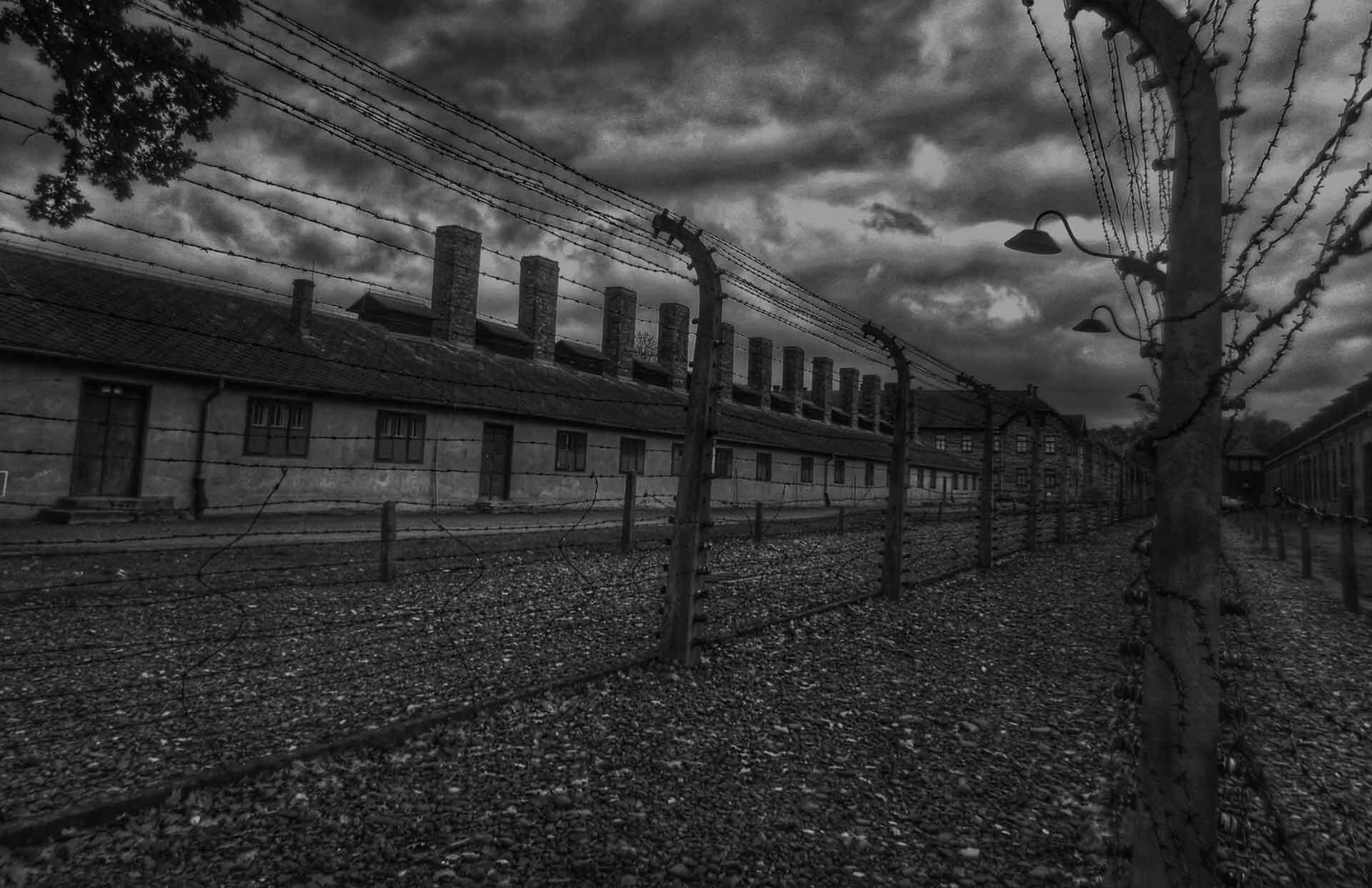It is astonishing to realize that a vivid gay culture and an active movement had disappeared within a month after the Nazis took power. More than a third of homosexual offenses in Berlin came to the attention of the police through non-involved private persons, mostly neighbours. Another third was discovered by the police itself while also family members or the workplace denounced supposed sex-criminals. There were in fact no spaces where a gay man could feel safe, not even at home. Gay men of all social classes and political persuasions were prosecuted.
Germany's homosexuals felt the impact of the new regime within weeks of Adolf Hitler's appointment as chancellor. In February 1933 police and Storm Troopers began enforcing February orders to shut same-sex bars and clubs and to stop the sale of all publications with sexual content. During the next several months, most gathering places for homosexual men and women closed, fundamentally disrupting their public lives. The Nazi laws were silent on lesbianism, although individual instances of persecutions of lesbians have been recorded.
Homosexuality, the Nazis charged, weakened Germany in several ways. It was accused of being a factor in the declining birthrate that threatened to leave the nation unable to sustain itself. It was also feared as an "infection" that could become an "epidemic," particularly among the nation's vulnerable youth. It was thought that it could give rise to a dangerous state-within-the-state since homosexuals were believed to form self-serving groups. It endangered public morality and contributed to the decline of the community. For the good of the state, the Nazis asserted, homosexuality had to be eradicated.
In the racist practice of Nazi eugenics, women were valued primarily for their ability to bear children. The state presumed that lesbians were still capable of reproducing. This, lesbians were not systematically persecuted under Nazi rule, but they nonetheless did suffer the loss of their own gathering places and associations.
Because of this regime's eugenic rationale for attacking homosexuality, Nazis sought to capitalize on prejudices and stereotypes about homosexuals shared by many in German society. The Nazi ideology of persecuting the society's "inferior and weaker" elements fostered public acceptance of state-sponsored intolerance and brutality.
Nazi Germany did not seek to kill all homosexuals. Nevertheless, the Nazi state, through active persecution, attempted to terrorize German homosexuals into sexual and social conformity, leaving thousands dead and shattering the lives of many more.
Tracking down suspected homosexuals
In October 1934, the Gestapo moved to gather information about homosexual men. Telegrams to all local police departments ordered that new or existing lists of men suspected of being homosexually active in their districts be forwarded to Gestapo Special Section II-1 in Berlin. A subsequent telegram requested that the lists indicate political affiliation, particularly membership in the Nazi Party.
The police work of tracking down suspected homosexuals depended largely on denunciations from ordinary citizens. Nazi propaganda that labeled homosexuals "antisocial parasites" and "enemies of the state" inflamed already existing prejudices. Citizens turned in men, often on the flimsiest evidence, for as many reasons as there were denunciations. Reflecting on the dramatic rise of legal proceedings against homosexuals since 1933, Josef Meisinger of the Reich Central Office for Combating Homosexuality and Abortion proudly remarked in April 1937: "We must naturally also take into account the greater public readiness to report [homosexuality] as a result of National Socialist education."
Acting on the basis of these informants, the Gestapo and Criminal Police arbitrarily seized and questioned suspects as well as possible corroborating witnesses. Those denounced were often forced to give up names of friends and acquaintances, thereby becoming informants themselves. Where criminal proceedings once required a proved act, now a suggestive accusation sufficed.
Heinrich Himmler's appointment as chief of German police in 1936 and the outbreak of World War II in 1939. The Gestapo and Criminal Police worked in tandem, occasionally in massive sweeps but more often as follow-up to individual denunciations.
Most victims were from the working class. Less able to afford private apartments or homes, they found partners in semi-public places that put them at greater risk of discovery, including by police entrapment. As reports of the massive arrests spread, mostly by word of mouth, a pervasive atmosphere of fear enveloped Germany's homosexuals. Just as the state desired, the physical repression of a minority of homosexual men served to limit activities of the vast majority.


